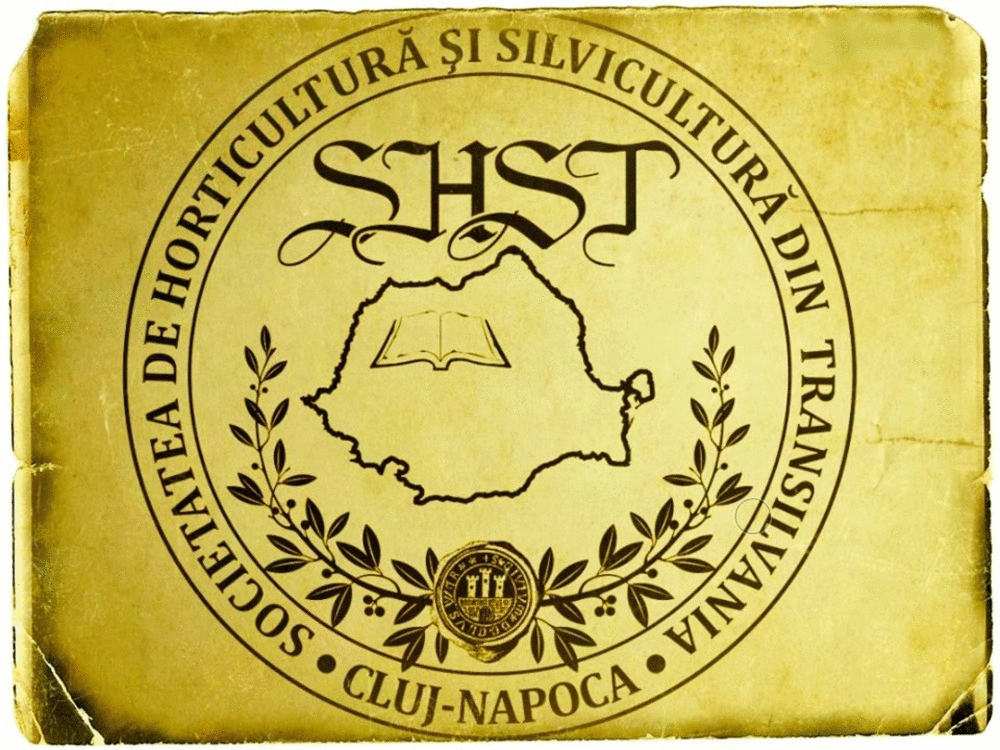Growth and Yield Responses of Green Pepper (Capsicum annum L.) to Manure Rates under Field and High Tunnel Conditions
DOI:
https://doi.org/10.15835/nsb919904Abstract
The present study was conducted to determine growth and yield responses of green pepper to varying manure rates under field and high tunnel conditions. Experiment 1 was a pot experiment to evaluate three rates (0.5 and 10 t/ha) of poultry manure (PM) on green pepper production under high tunnel and open field conditions. Experiment 2 was to determine the performance of green pepper as influenced by different manure rates (0, 5 and 10 t/ha of PM, 300 kg/ha of NPK, 5 t/ha of PM + 200 kg of NPK and 10 t/ha of PM + 100 kg of NPK) on the field. High tunnel produced about 3.1 fruits/plant that weighted 102.8 g, which was significantly higher than open field experiment in which 1.7 fruits/plant, with a medium weight of 32.3 g were noted. High tunnel enhanced successful production of green pepper during rainy season, whereas the open field production during the same season was near failure. Application of 10 t/ha of PM produced significantly larger fruits in the pot experiment. Good fertilizer effects on growth and yield components were recorded for the field study. Plant height, number of leaves and branches, number and weight of harvested fruit followed similar trend in 5 and 10 t/ha of PM which gave statistically similar results, and provided the best performance during the experiment. Application of 5 t/ha of PM produced the highest total fruits yield.
Metrics
Downloads
Published
How to Cite
Issue
Section
License
Papers published in Notulae Scientia Biologicae are Open-Access, distributed under the terms and conditions of the Creative Commons Attribution License.
© Articles by the authors; licensee SMTCT, Cluj-Napoca, Romania. The journal allows the author(s) to hold the copyright/to retain publishing rights without restriction.
License:
Open Access Journal - the journal offers free, immediate, and unrestricted access to peer-reviewed research and scholarly work, due SMTCT supports to increase the visibility, accessibility and reputation of the researchers, regardless of geography and their budgets. Users are allowed to read, download, copy, distribute, print, search, or link to the full texts of the articles, or use them for any other lawful purpose, without asking prior permission from the publisher or the author.













.png)















